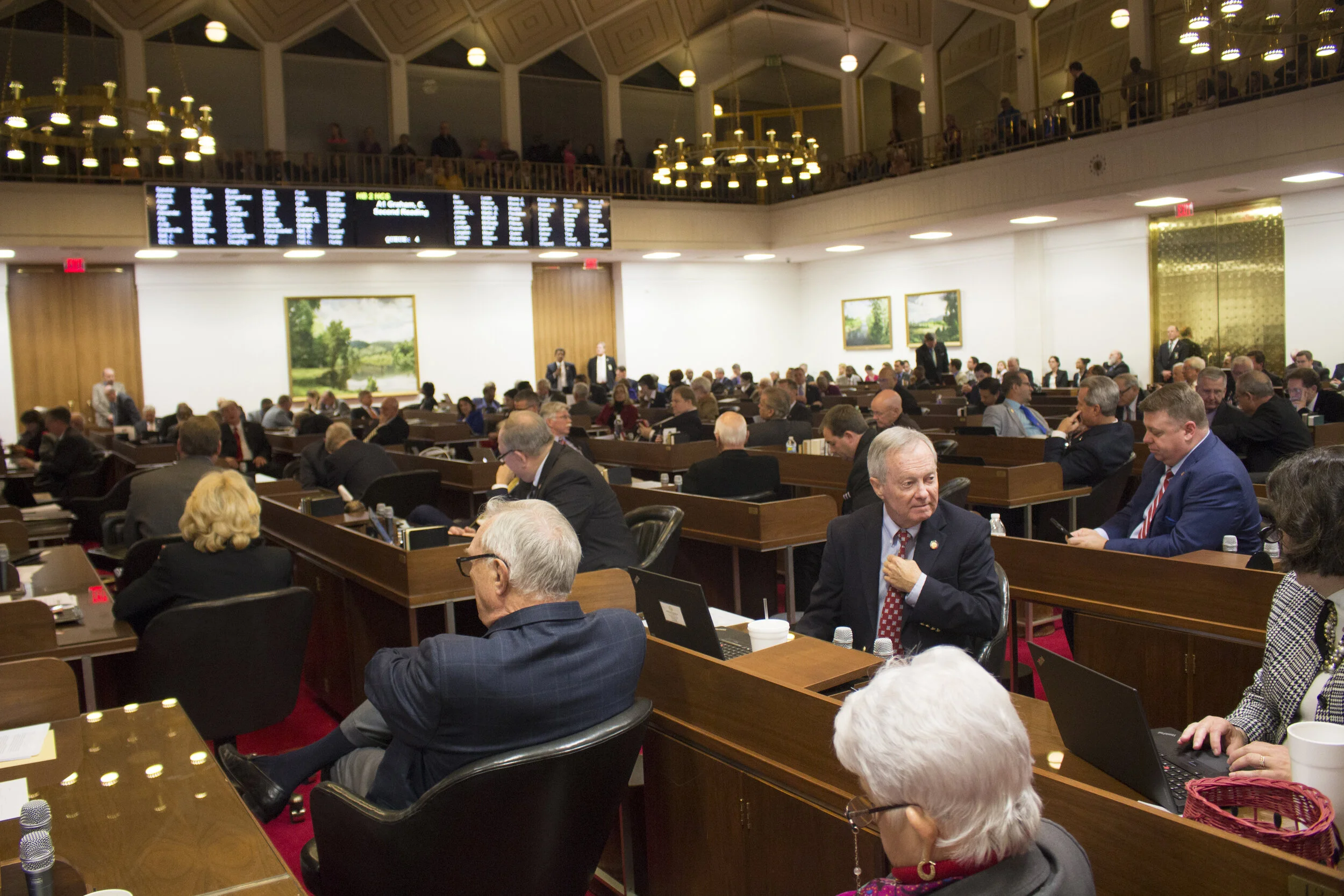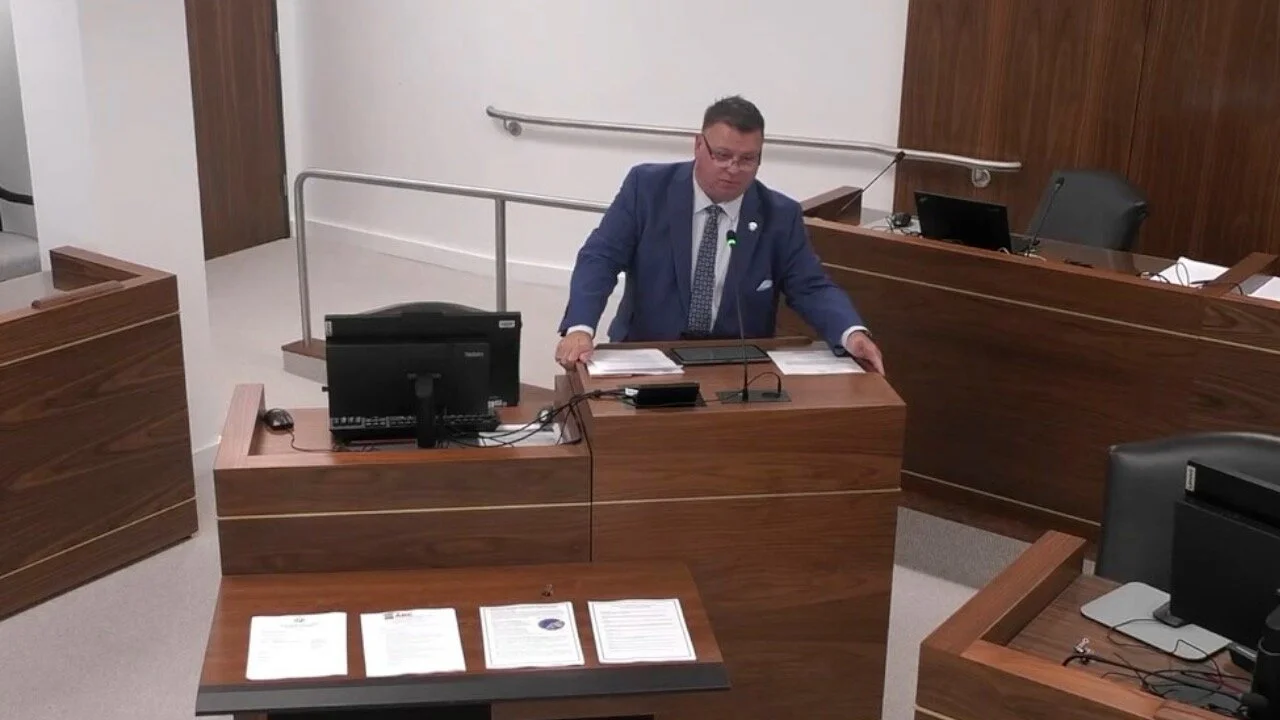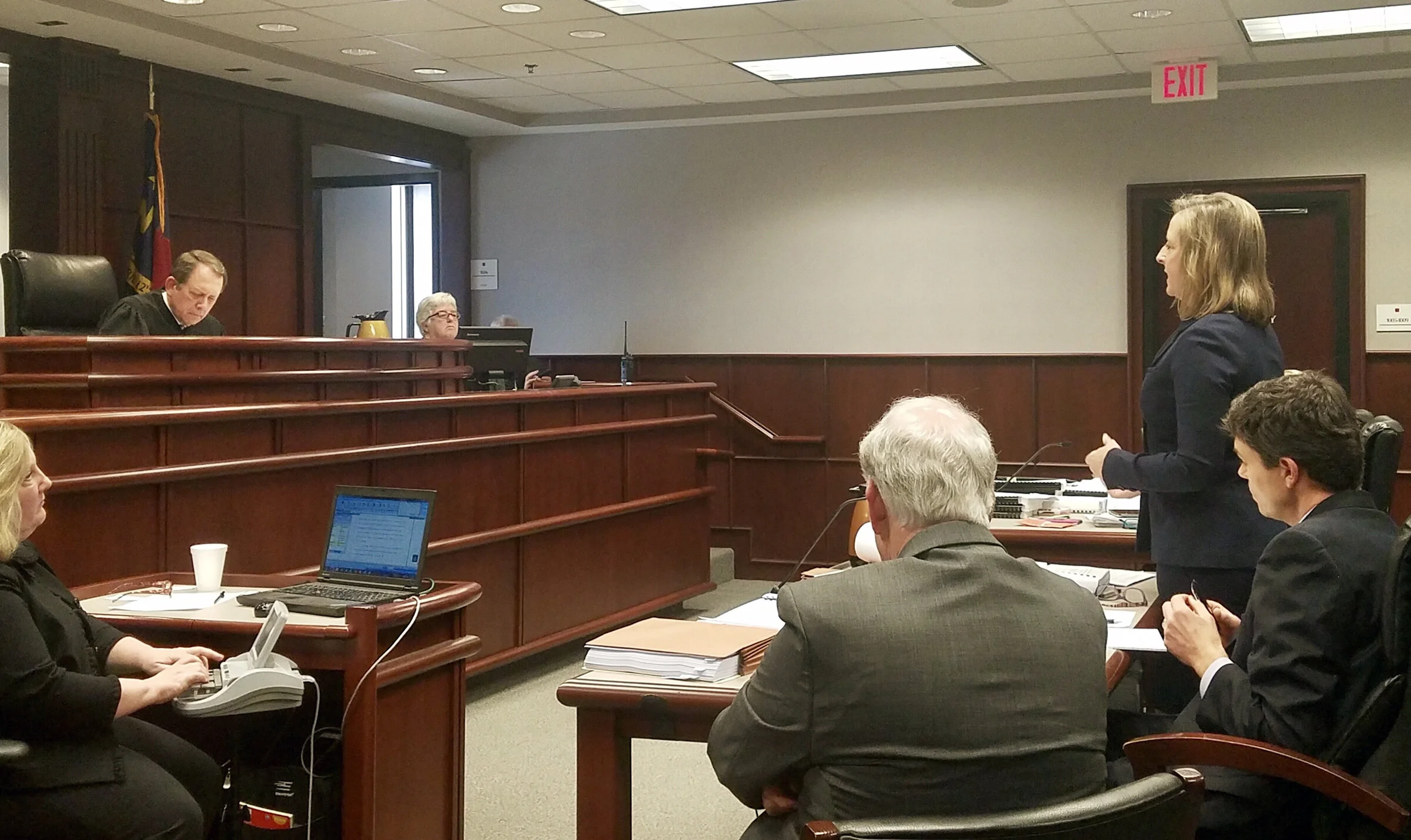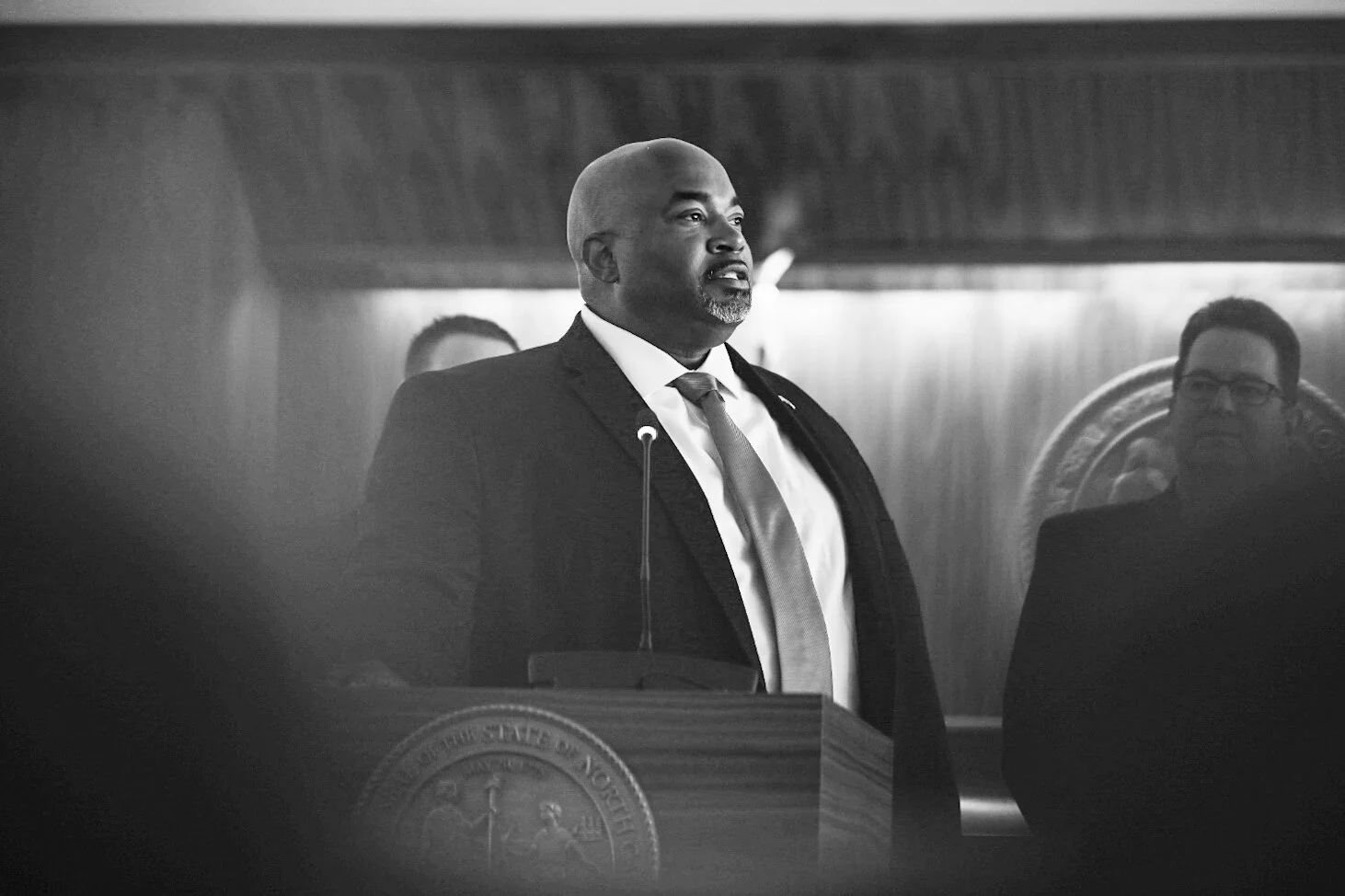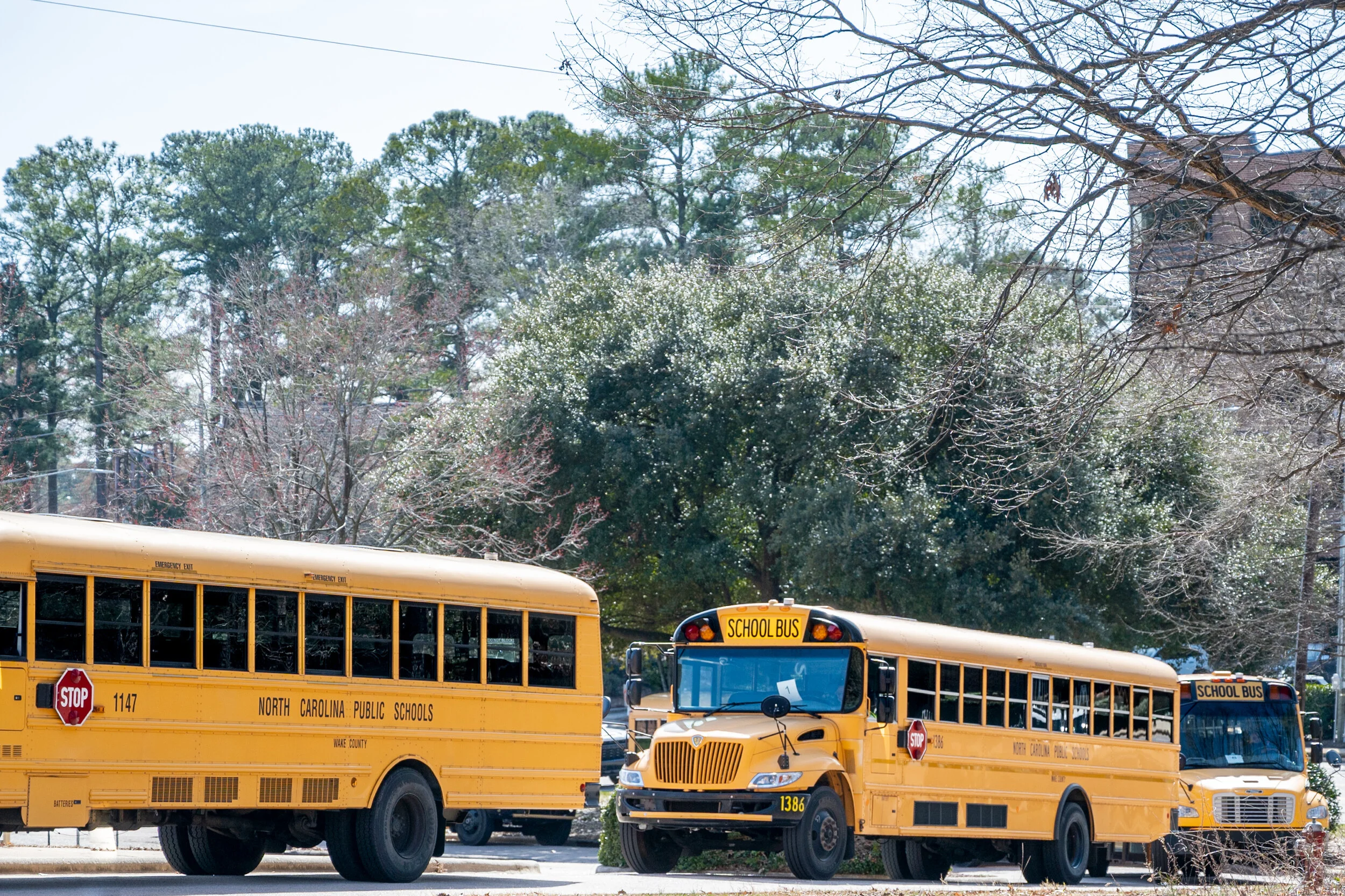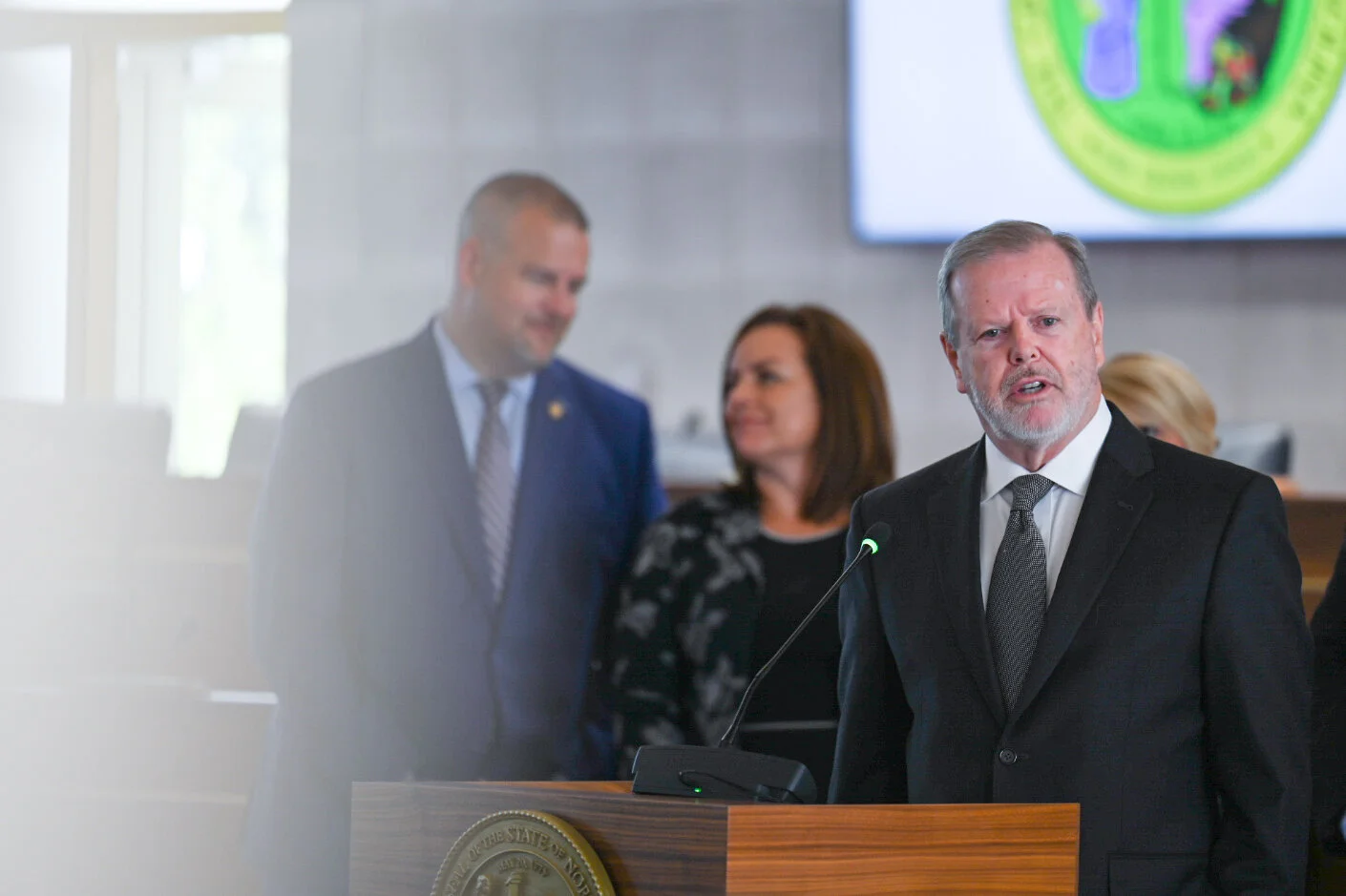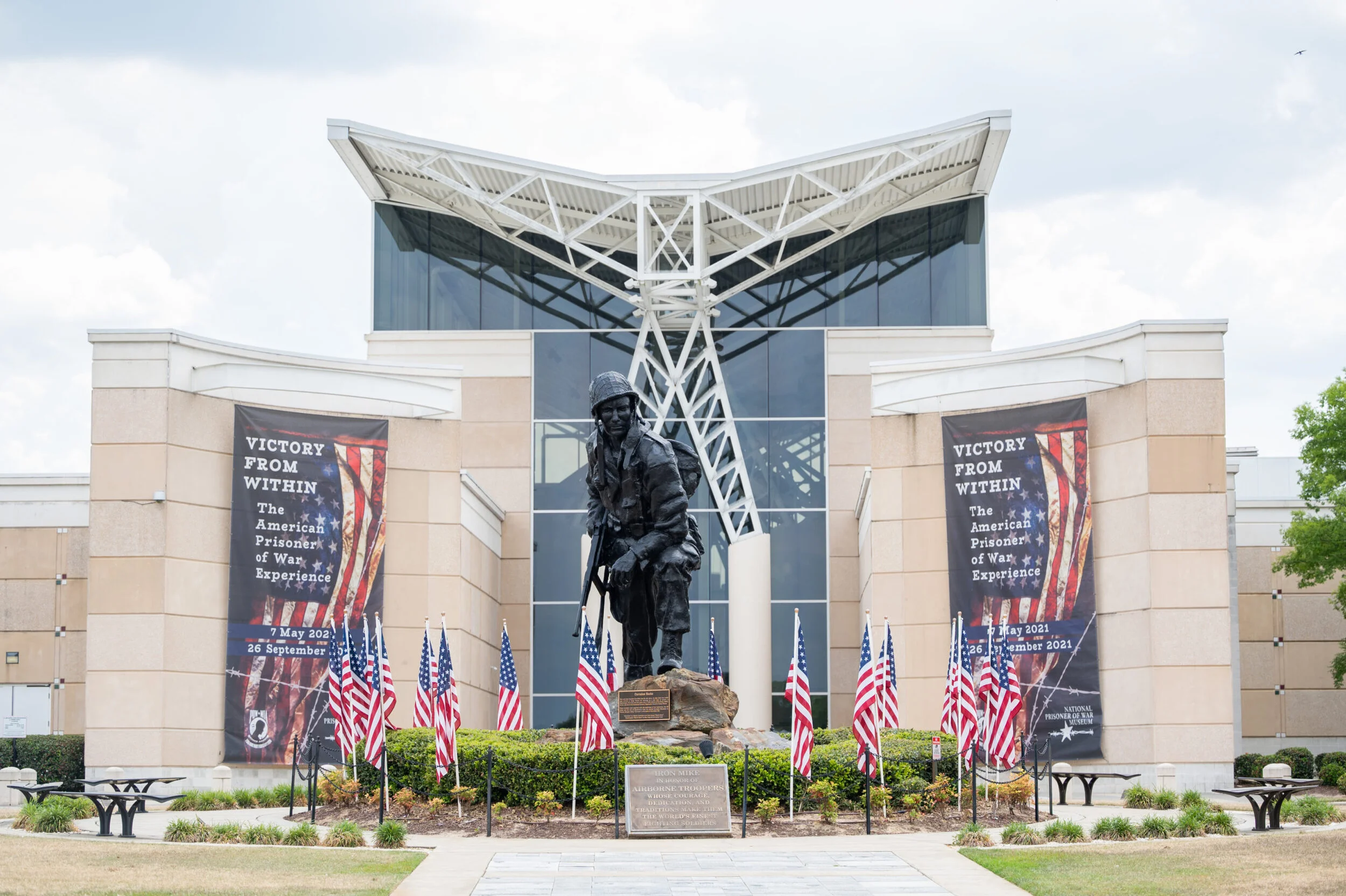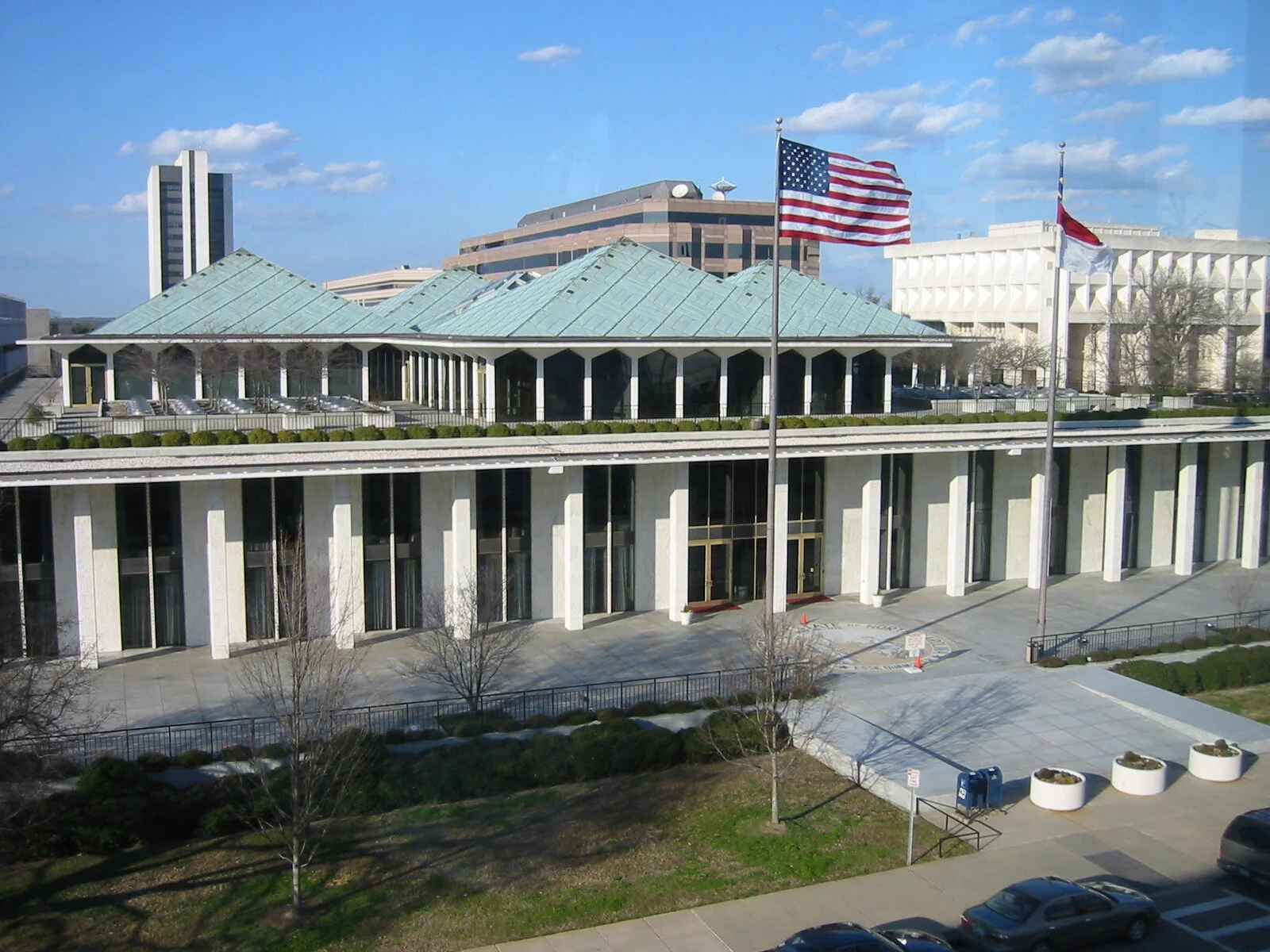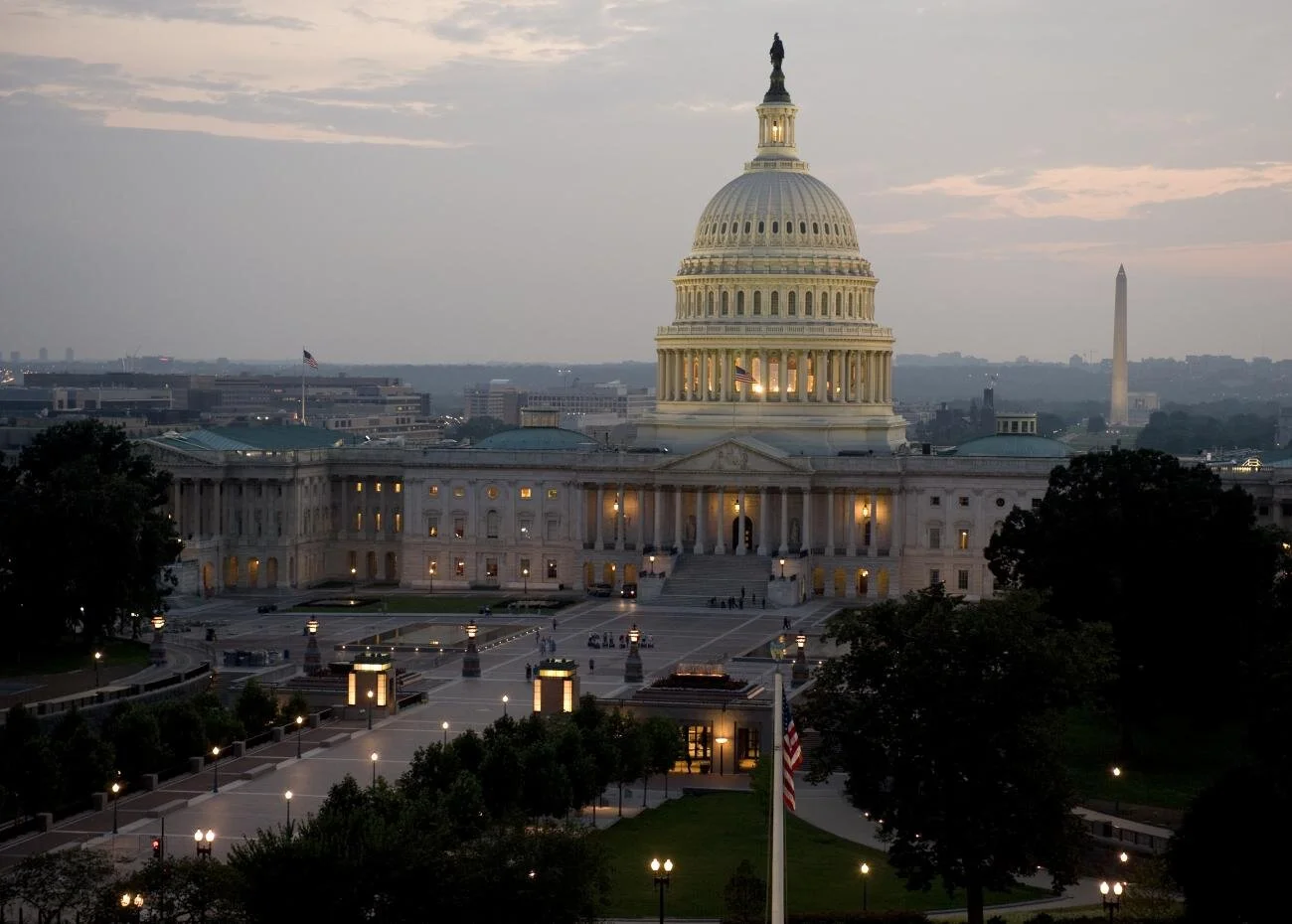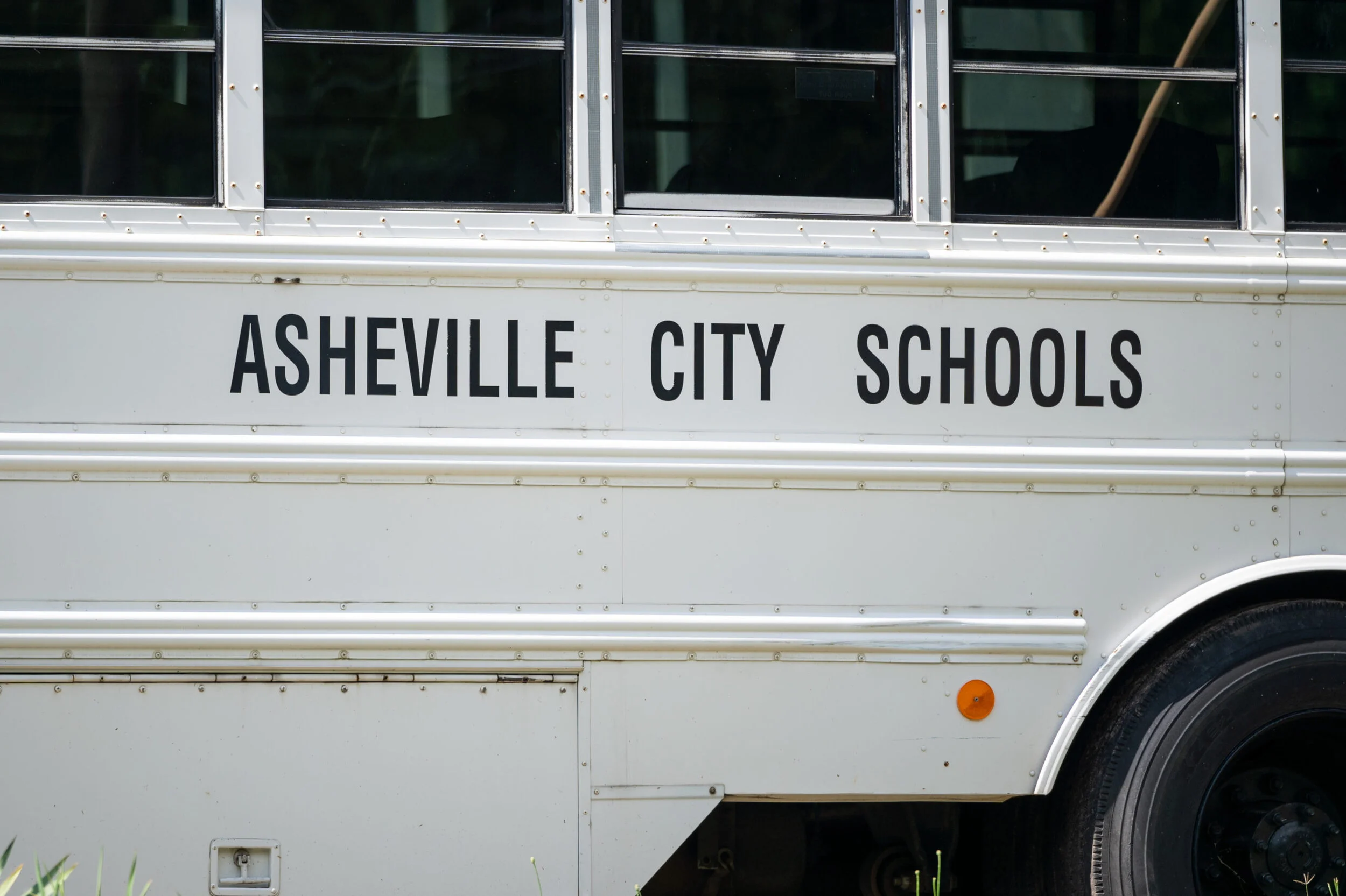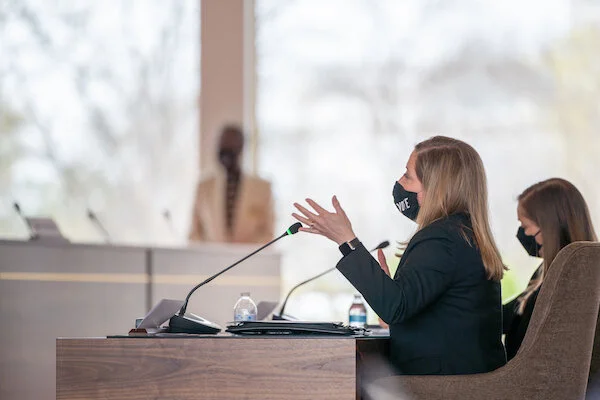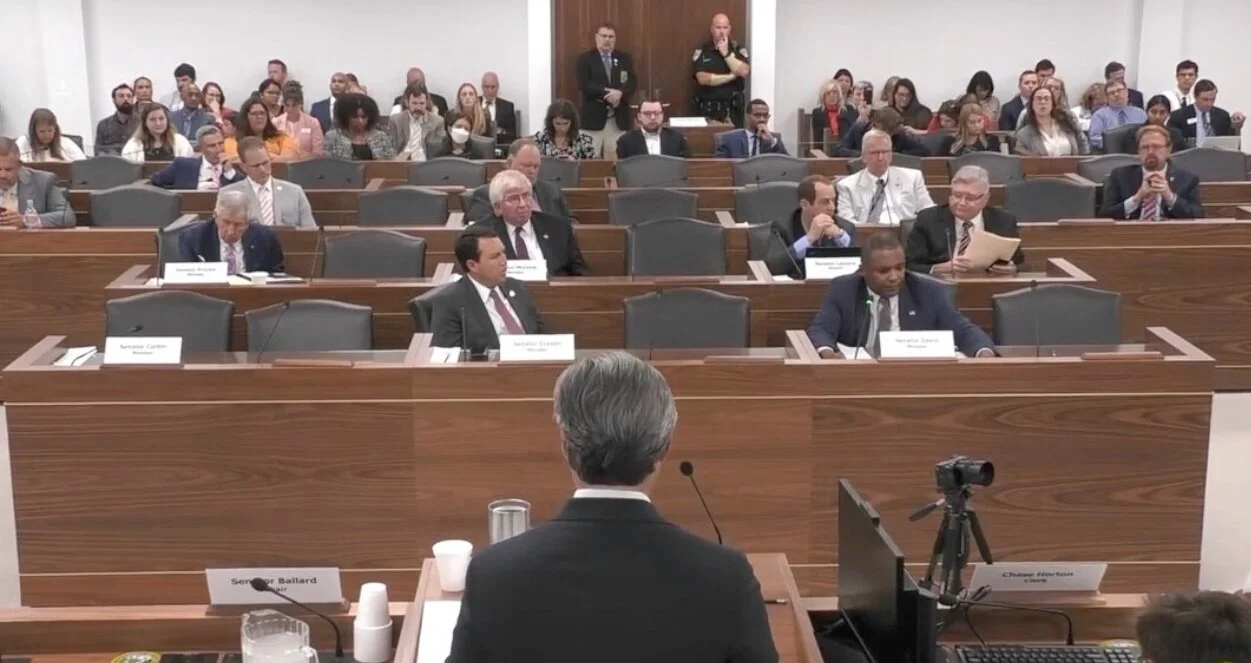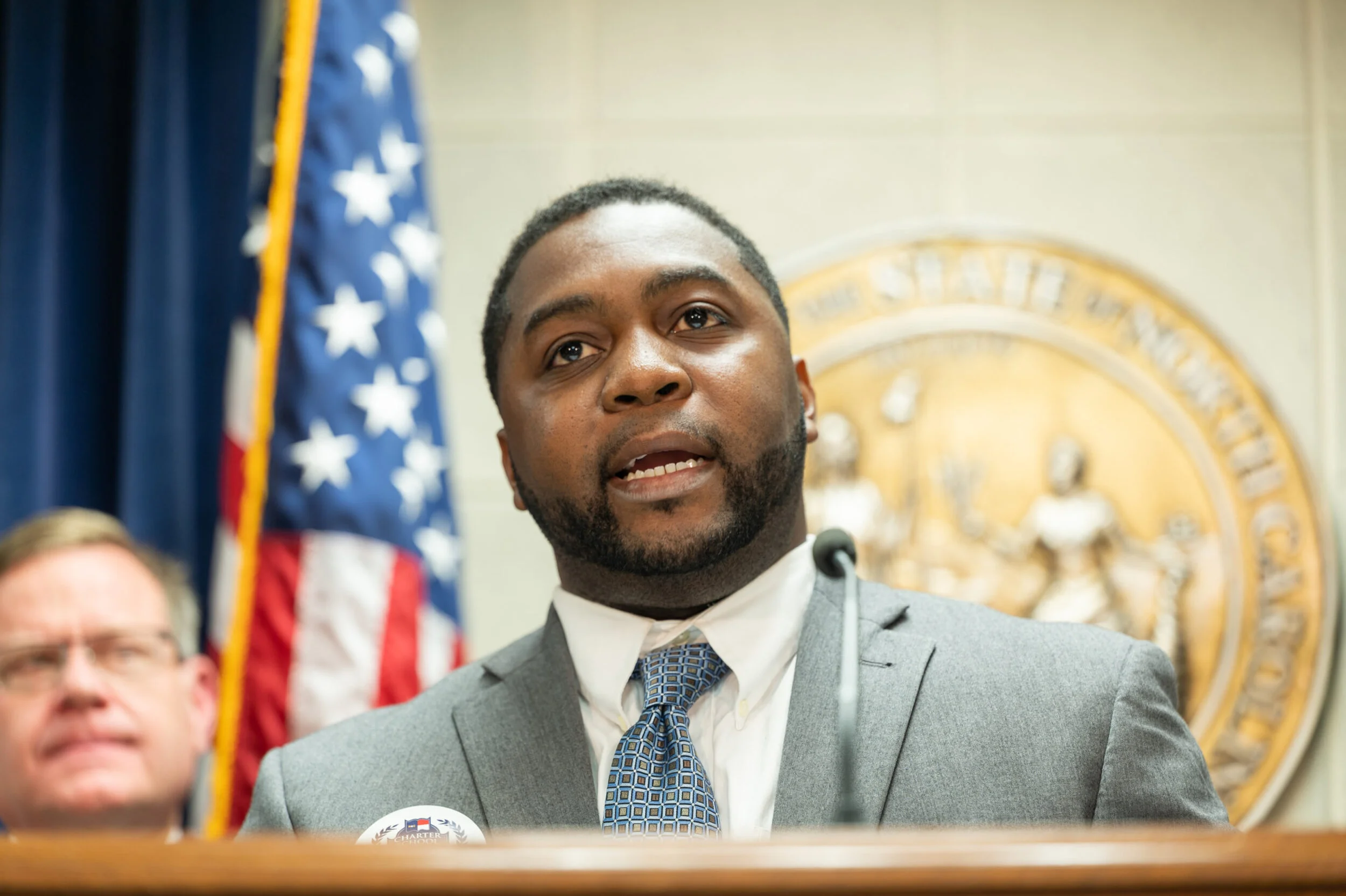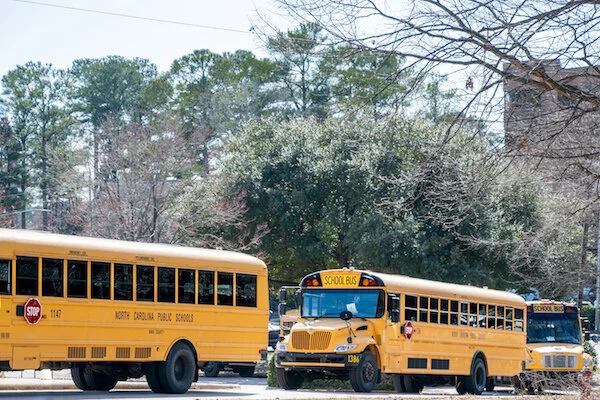A unanimous vote in the N.C. House means a "regulatory sandbox" bill is on its way to Gov. Roy Cooper. The new “sandbox” would waive certain obstacles for a trial period for fast-emerging financial and insurance products and services.
Report: Parental empowerment key to accountability in private-school choice programs
Accountability for publicly funded school choice programs should primarily come through parent empowerment, not regulatory overreach. That’s the assessment of a new report from Notre Dame Law School scholar Nicole Stelle Garnett published by the Manhattan Institute.
N.C. House Freedom Caucus plans to inspect Durham County voting machines
Members of the N.C. House Freedom Caucus said that they plan to inspect voting machines in Durham County to check for an internet connection, which could make them vulnerable to fraud.
Regulatory sandbox bill moving through final hurdles in N.C. Senate
A bill to establish a “regulatory sandbox” by waiving certain obstacles for a trial period for fast-emerging financial and insurance products and services is one step closer to becoming law. It cleared the Senate Commerce and Insurance Committee on Tuesday, Sep. 21.
GOP lawmakers fire back after judge sets arbitrary funding deadline in Leandro
Republican budget writers in the General Assembly are bristling after the judge in the long-running Leandro school funding case set an arbitrary deadline of Oct. 18 for lawmakers to fund the court-ordered plan.
N.C. lawmakers send anti-indoctrination bill to Cooper
One of the most hotly debated bills of the legislative section cleared its final hurdle Wednesday, Sept. 1, and now heads to Gov. Roy Cooper, who could add the measure to his growing list of vetoes.
Poor test scores show the effects of school closures, remote learning on students
Test results in reading, math, and science for the 2020-21 school year show the effects school closures and remote learning have had on public school students in North Carolina.
N.C. Senate passes anti-indoctrination bill after emotional debate
A bill that would prohibit public schools from promoting controversial viewpoints related to Critical Race Theory cleared the N.C. Senate on Thursday. Debate about the bill featured rare personal attacks among senators.
N.C. House passes unanimous resolution on Afghanistan evacuation
The N.C. House voted unanimously Wednesday, Aug. 25, to pass a resolution urging Congress and the Biden administration to take additional steps to ensure all U.S. troops, American citizens, and Afghan allies are evacuated from Afghanistan before withdrawing a U.S. presence there.
Lawmakers on verge of sending criminal justice reform bill to governor
An omnibus criminal justice reform bill is on the verge of heading to Gov. Roy Cooper’s desk after clearing the N.C. House in a nearly unanimous 100-2 vote on Wednesday, Aug. 18.
Parents revolt over Buncombe County school board's mask mandate
Mask wars have once again erupted in Buncombe County after the school board voted during a specially called meeting last week, without public comment, to require all students and staff to wear masks while inside, regardless of vaccination status.
House, Senate budgets fund components of Leandro, but critics still unhappy
Budgets passed with bipartisan support in both chambers of the General Assembly fund a number of provisions in the ongoing Leandro school funding legal case, but critics still contend the money falls short of the mark.
Cooper urges Council of State members to ‘push vaccines as hard as you can’
On the heels of a new executive order requiring state employees to get the COVID-19 vaccine or be required to wear a mask and submit to weekly testing, Gov. Roy Cooper is urging other members of the Council of State to push their own staffs to get vaccinated.
Republican Council of State members, Cooper clash over unemployment benefits
Some Republican members of the N.C. Council of State used a meeting Tuesday, Aug. 3, to underscore the challenges employers face in finding workers because, at least in part, of generous unemployment benefit payments from the federal government.
Congress seeks to cut $40 million from charter schools, impose new regulations
The U.S. House Appropriations Committee voted to cut $40 million from the federal Charter Schools Program, in a major policy shift away from the bipartisan support that charter schools have enjoyed in recent years.
N.C. school districts have spent just 13% of federal COVID-19 relief, analysis finds
Public school districts in North Carolina have received about $5.3 billion in COVID-related relief from the federal government. But, on average, school leaders have spent just 13% of that money.
House Freedom Caucus stymied in voting machine probe
Karen Brinson Bell, executive director of the N.C. State Board of Elections, is blocking attempts by the N.C. House Freedom Caucus to inspect voting machines for possible irregularities.
Berger says he will combat Critical Race Theory 'with everything that I have'
The exclusive teaching of Critical Race Theory in public school classrooms would be outlawed under a bill making its way through the N.C. Senate.
Graduate of one of N.C.’s first charter schools comes full circle
Tim Taylor could scarcely have imagined when he began attending Arapahoe Charter School in 1997, that he would one day come full circle and send his own sons there decades later.
Education board OK’s final portion of documents for social studies standards
The N.C. State Board of Education has approved the final round of “unpacking documents” for new controversial social studies standards for K-12 public schools.

